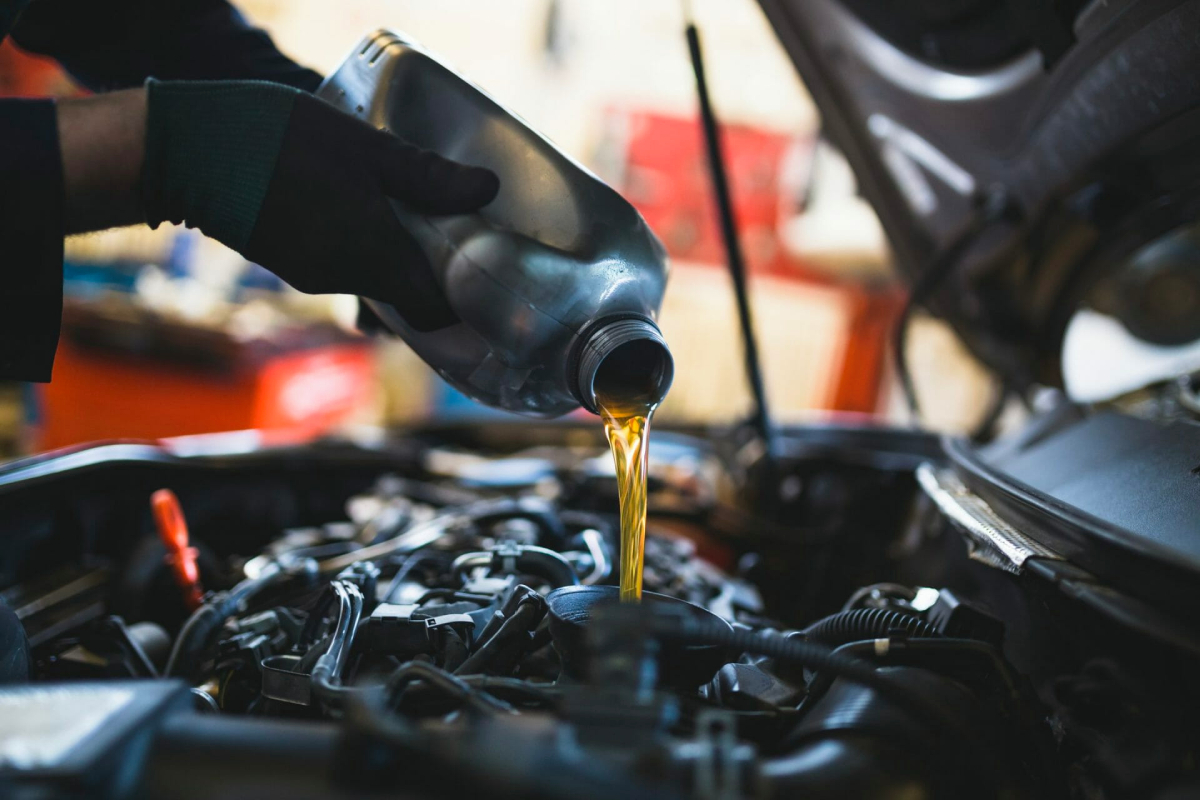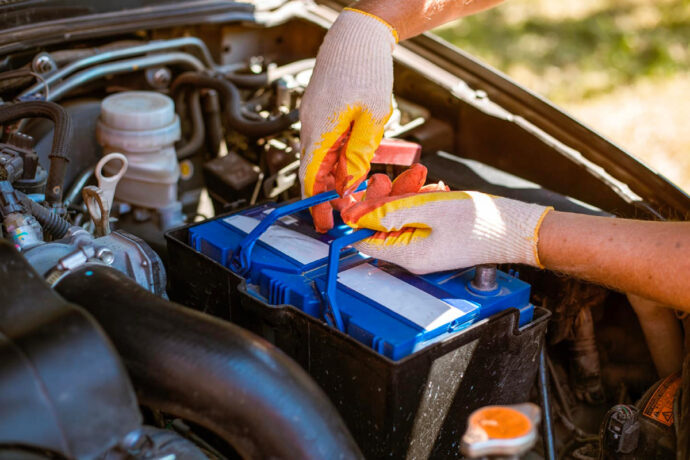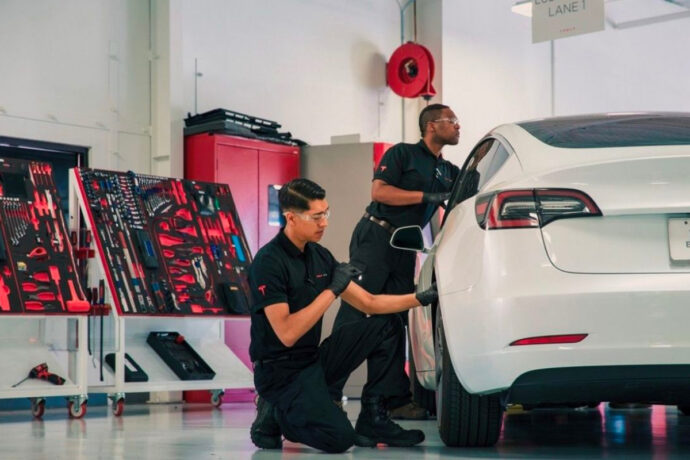
Maintaining the health of your car’s engine is a fundamental aspect of vehicle ownership, and regular oil changes play a crucial role in this upkeep. While the standard recommendation suggests changing oil every 3,000 miles, several factors influence the optimal frequency for this essential maintenance task.
1. Engine Lubrication:
- Engine oil provides vital lubrication for the many moving parts within your car’s engine.
- Regular oil changes are universally acknowledged as the most critical maintenance task for ensuring engine longevity.
2. Considerations for Fluid Changes:
- The 3,000-mile rule is a general guideline; however, individual circumstances matter.
- Older vehicles (over 10 years) or those frequently in heavy traffic may benefit from more frequent oil changes.
- Vehicles engaged in highway driving and operating in cooler climates may extend the oil change interval to 4,000 or 5,000 miles.
3. Mechanic’s Insight:
- Consulting with a knowledgeable mechanic is the best way to determine the appropriate oil change interval for your specific vehicle.
- A mechanic can assess your driving patterns, vehicle age, and other factors to provide personalized maintenance recommendations.
4. Cost-Saving Tips:
- Oil change coupons are readily available online, on grocery store receipts, and in local mailers.
- Choose any reputable auto repair shop for oil changes, as they often offer more cost-effective options than specialized facilities.
- Coupons typically cover up to five quarts of oil, a new oil filter, and a comprehensive fluid inspection.
5. Additional Fluid Check:
- Reputable shops will inspect and top off other fluids at no extra cost, including windshield wiper fluid, brake fluid, and transmission fluid.
6. Finding Coupons:
- A quick online search for “oil change coupon” will yield several websites offering discounts.
- Look for flat-rate coupons to avoid hidden fees, ensuring a transparent and cost-effective service.
7. Beware of Unnecessary Repairs:
- Be cautious of technicians suggesting unnecessary repairs during oil changes.
- Consult with a certified mechanic before agreeing to additional repairs, ensuring the legitimacy of suggested services.
Maintaining a regular oil change schedule is essential for the well-being of your vehicle. By considering individual driving conditions, consulting with a trusted mechanic, and utilizing cost-saving coupons, you can ensure the longevity and efficiency of your car’s engine without breaking the bank.



